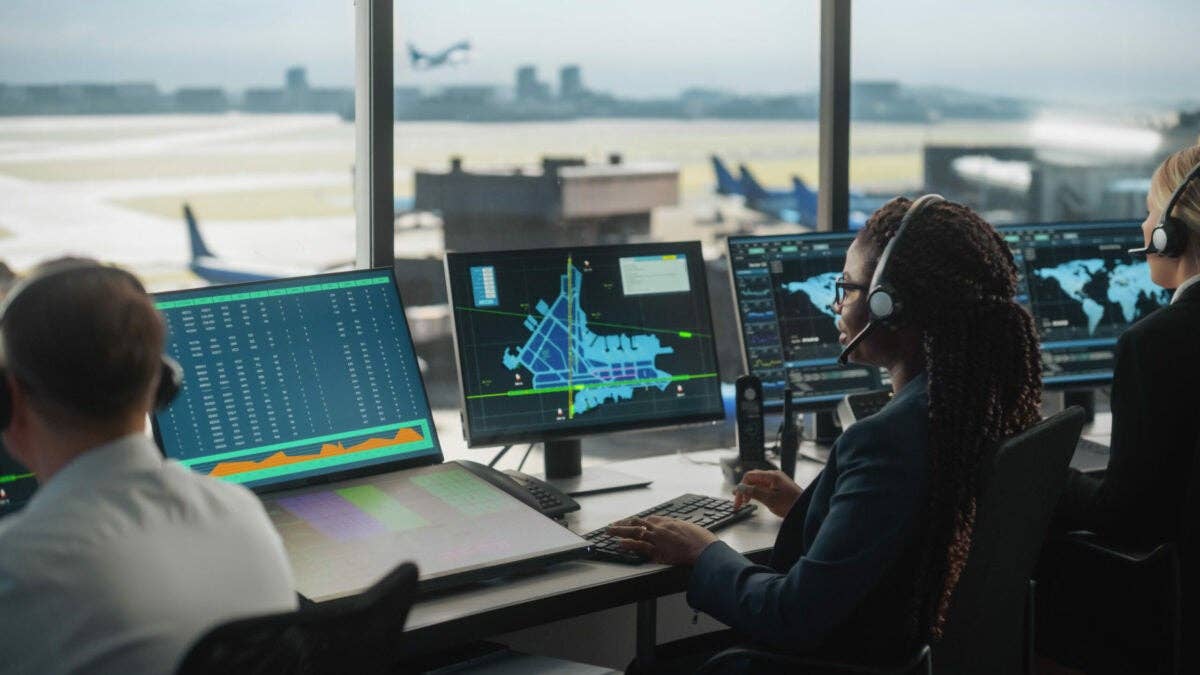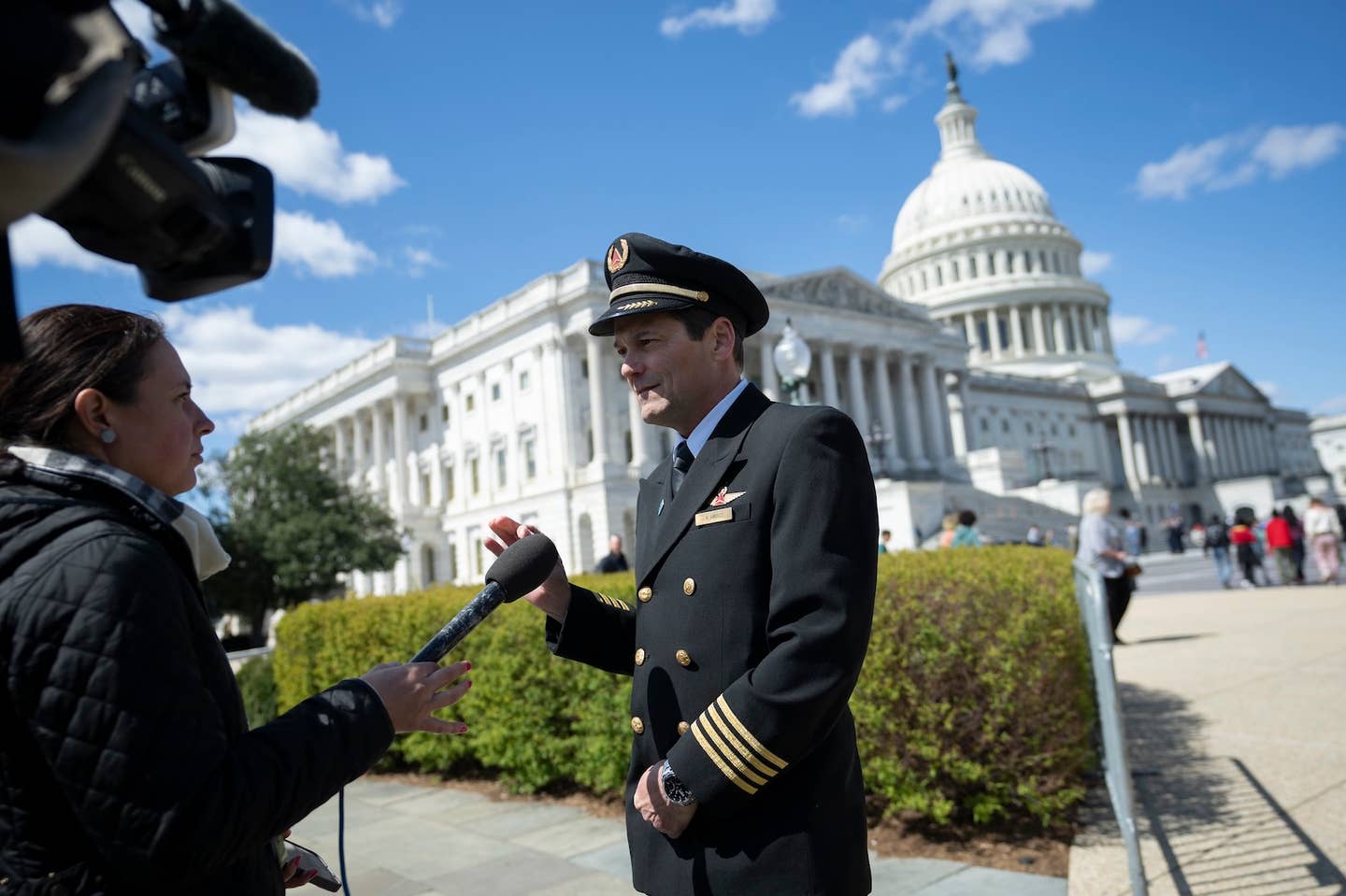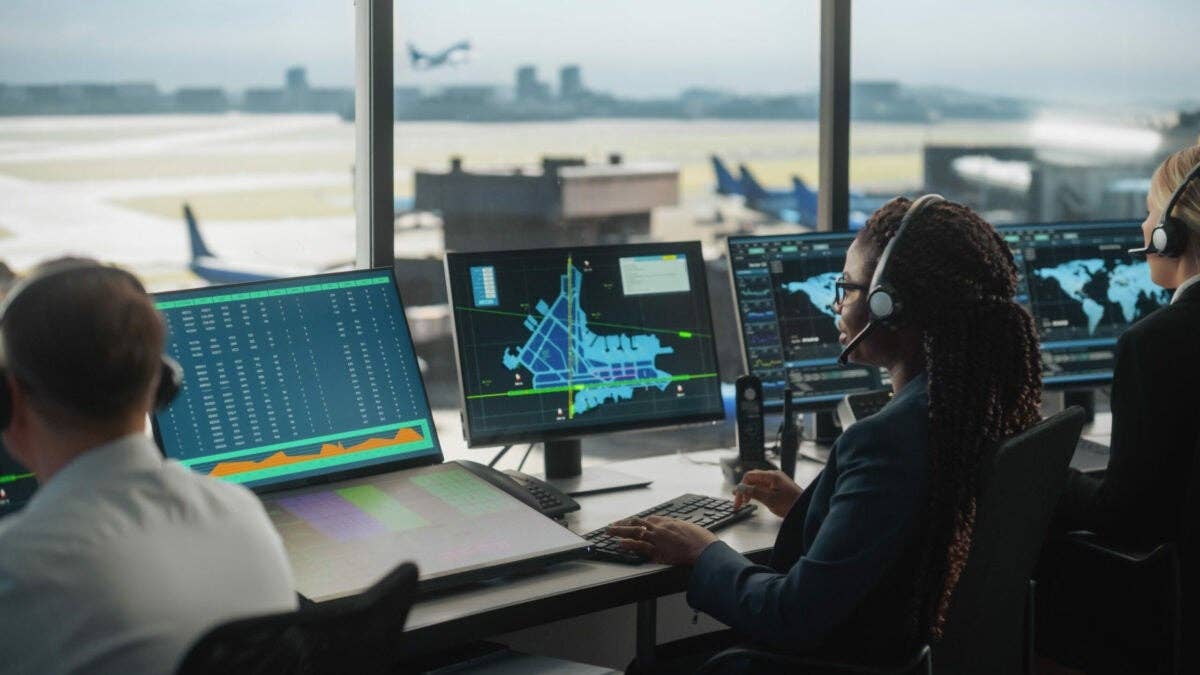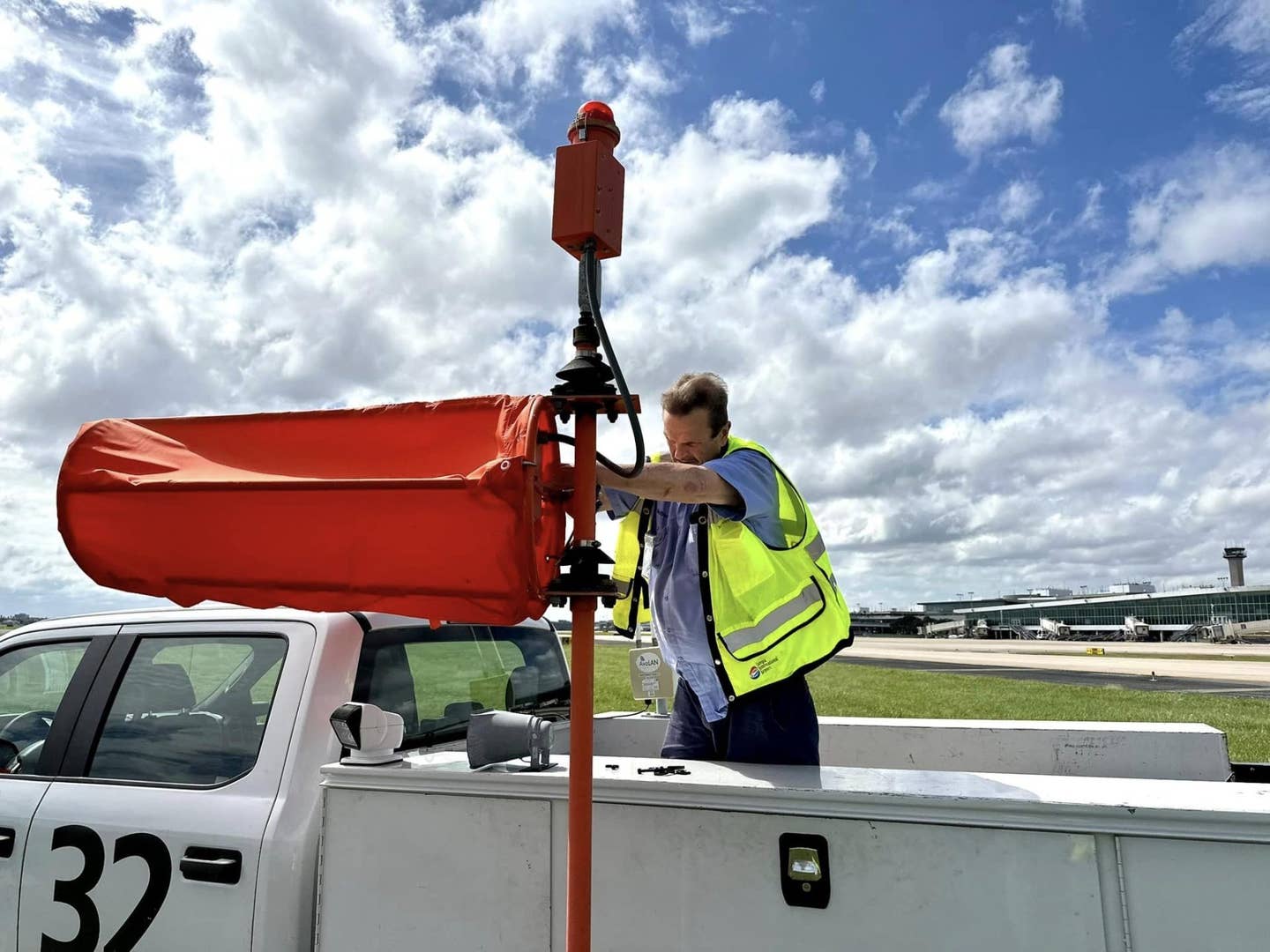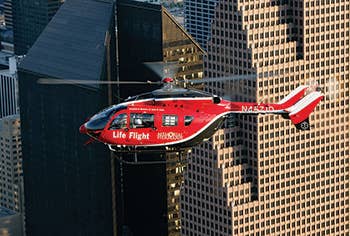
Operators may be called upon to transport donated organs for transplant, a mission that truly requires the ability to fly “in the nick of time” across the country and around the globe. Life Flight
Some pilots have found callings that not only support incredibly important missions, but also deliver a high level of personal fulfillment. While the fields listed below may not be the first stop for most aviation careers, all represent unique and challenging application of flying and/or aeromedical skills.
Missionary Flying and Humanitarian Support
If your spiritual beliefs and love of aviation go hand-in-hand, consider applying to fly for an organization like Mission Aviation Fellowship (MAF) or Mission Flight Services. Missionary pilots often fly to some of the most remote regions of the globe, sometimes to short, rough airstrips literally carved out of the surrounding jungle, offering frequently-challenging flying tasks in addition to assistance to those in need of food, clothing and medical supplies.
Search and Rescue Operations
Along similar lines, pilots flying search-and-rescue (SAR) missions are often among the first on scene to assist those in the aftermath of an accident or following earthquakes, floods and other environmental crises. From government agencies such as the Federal Emergency Management Agency (FEMA) to municipal SAR operations, and even organizations like the U.S. Air Force Auxiliary Civil Air Patrol, search-and-rescue flying represents one of the most important duties a pilot may be called upon to perform.
Air Ambulance and Organ Transplant
Saving lives is almost routine for those flying air ambulance (also known as medical evacuation or “medevac”) missions. Although most of these operations are performed with rotorcraft, fixed-wing aircraft are also used to transport patients for specialized treatment at distant facilities. Operators may be called upon to transport donated organs for transplant, a mission that truly requires the ability to fly “in the nick of time” across the country and around the globe.
Forestry and Wildlife Management
The USDA Forest Service may not be among the first organizations you think of when considering an aviation career, but the agency has access to a large fleet of fixed-wing aircraft and rotorcraft to perform such diverse missions as wildlife management, tracking migratory patterns and firefighting. While third-party contractors perform many Forest Service missions, the agency also operates a diverse aircraft fleet including Cessna 206s, float-equipped DHC-2 Beavers, turboprop-powered DC-3s and DHC-6 Twin Otters.
Aviation Medical Examiner
Those seeking to combine their love of aviation with a career in medicine may consider becoming an aviation medical examiner, or AME. Private doctors by trade (and not employed by the FAA), most AMEs specialize in one or more medical fields away from the aviation industry but also practice aviation medicine and find a high degree of fulfillment in assisting pilots seeking treatment for a wide range of medical conditions that may jeopardize their flying careers. All AMEs may issue second-class or third class certificates; some are designated “senior aviation medical examiners” who may also issue first-class certificates for pilots flying in air carrier operations.

Sign-up for newsletters & special offers!
Get the latest FLYING stories & special offers delivered directly to your inbox


